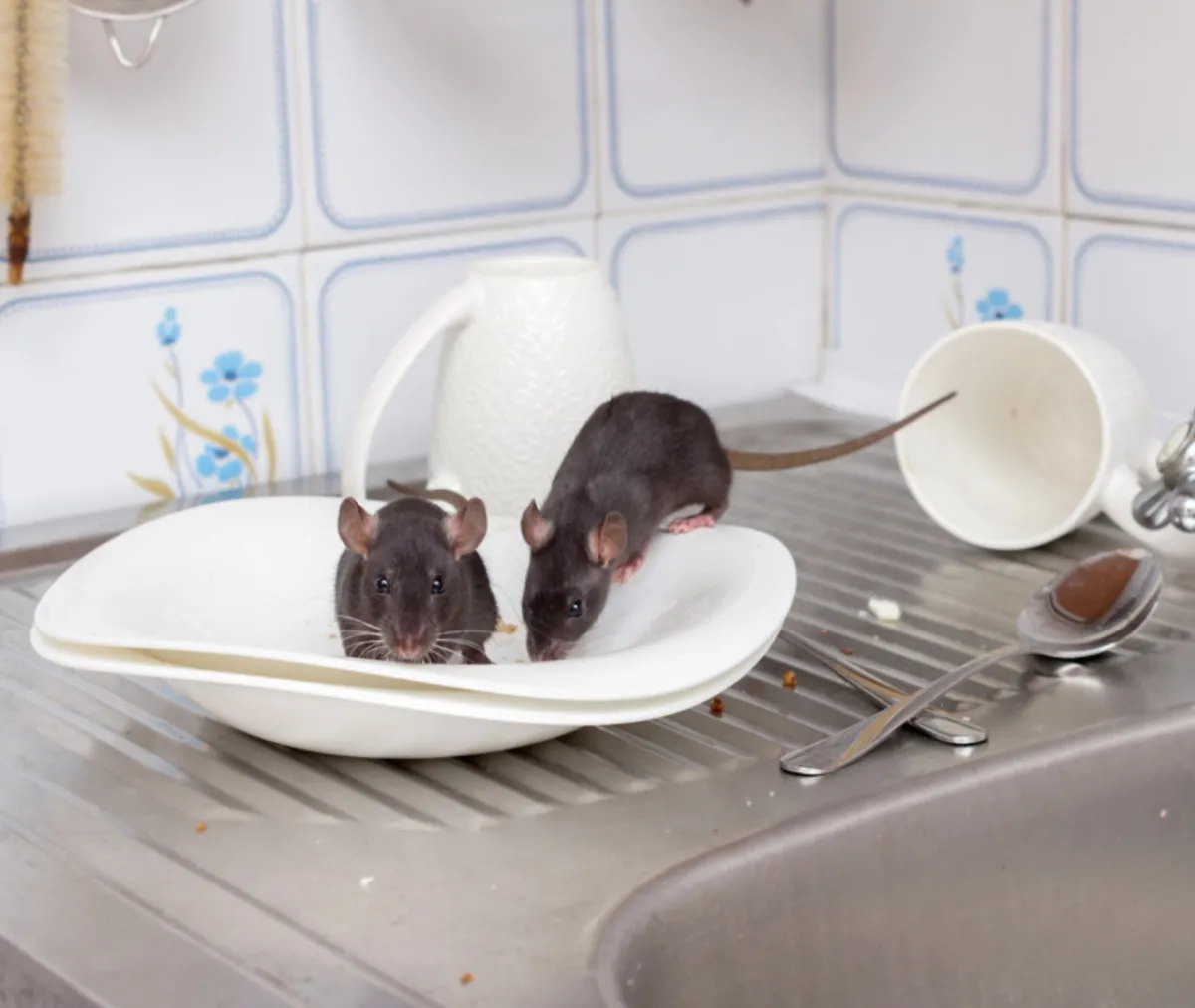
Rodent-Borne Diseases: Simple Prevention Tips for Families
Worried about the health risks rodents pose to your home and family? You’re right to be concerned. Rats and mice aren’t just a nuisance—they can carry serious diseases like hantavirus, leptospirosis, salmonella, and rat-bite fever. But the good news? You can prevent rodent-related illnesses with a few simple, proactive steps.
Here’s how families can reduce the risk of rodent-borne diseases:
1. Seal All Possible Entry Points
Rodents can squeeze through openings as small as a dime.
Seal cracks in walls and foundations with caulk or steel wool
Install door sweeps and weather stripping on exterior doors
Screen vents and chimneys
Repair holes in roofs, soffits, or siding immediately
Blocking access keeps rodents out of your home—and away from your food and family.
2. Store Food Properly
Food is the #1 rodent attractant.
Keep all food in sealed containers (including pet food)
Clean crumbs and spills immediately
Avoid leaving food out overnight
Don’t leave dirty dishes in the sink
When there’s no food to find, rodents are less likely to stick around.
3. Keep Your Home and Yard Clean
Rodents love clutter and debris—especially where they can nest.
Clear piles of paper, cardboard, and clothes from storage areas
Keep attics, basements, and garages tidy
Remove trash and recyclables regularly
Trim bushes, mow the lawn, and eliminate outdoor debris
A clean home is a rodent-free home.
4. Address Moisture Issues
Standing water and damp areas attract pests.
Fix leaky pipes and faucets
Keep crawl spaces and basements well-ventilated
Don’t let water collect in trays under appliances
Make sure gutters and drains flow away from the house
Drier spaces discourage rodent infestations.
5. Don’t Feed Wildlife (Even Accidentally)
Feeding birds or stray animals can unintentionally feed rodents too.
Bring in pet food dishes at night
Secure garbage bins with tight-fitting lids
Use sealed compost containers
Avoid overfilling outdoor bird feeders
Rodents are opportunistic and will go wherever food is easily available.
6. Be Aware of the Signs of Infestation
Know when you may have a rodent problem:
Droppings near food or in cabinets
Gnaw marks on wires, wood, or plastic
Scratching sounds in walls or ceilings
Nests made of shredded paper or insulation
Grease marks along baseboards
Early detection allows for faster response—and less risk of disease spread.
7. Use Traps or Call a Professional
If you suspect rodent activity, act fast.
Use snap traps or electronic traps to eliminate intruders
Avoid glue traps and poisons in homes with kids or pets
Contact a licensed pest control provider for a full inspection and safe removal plan
Don’t wait for an infestation to get worse. Acting quickly helps protect your family’s health.
Why Rodent Control Is Especially Important for Families
Children and older adults are more vulnerable to rodent-borne diseases. Exposure to contaminated food, droppings, or air (especially in dusty attics or crawlspaces) can trigger severe illness, asthma, or allergic reactions. That’s why prevention is not just about comfort—it’s about safety.
Common Rodent-Borne Diseases to Be Aware Of
Hantavirus Pulmonary Syndrome: Spread by inhaling dust contaminated with rodent urine or droppings
Leptospirosis: Spread through contact with water or food contaminated with infected urine
Salmonella: Spread through contaminated food surfaces
Rat-Bite Fever: Transmitted through bites or contact with rodents
Keeping rodents out helps keep your family protected from these potentially serious conditions.
Final Tip: Prevention is Easier Than Treatment
Rodent-borne diseases are preventable. By taking small steps to block entry, eliminate food sources, and stay alert to signs of infestation, families can protect their homes—and their loved ones.
Need Help with Rodent Prevention or Removal?
Contact a licensed pest control professional near you. A quick inspection now can save you the risk of disease, stress, and expensive repairs later.